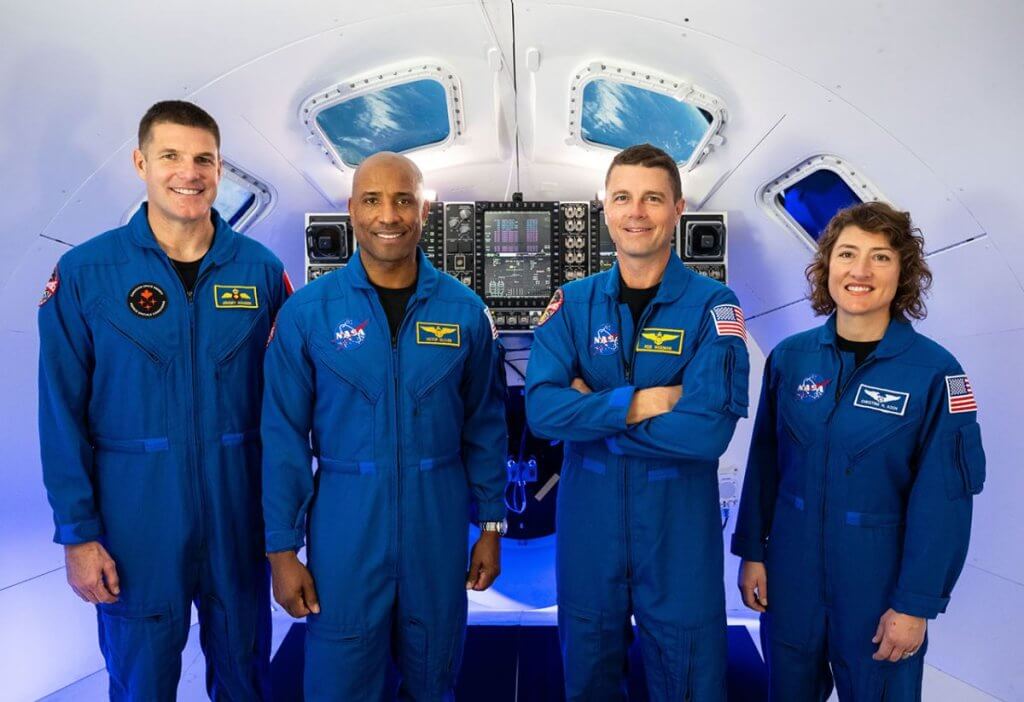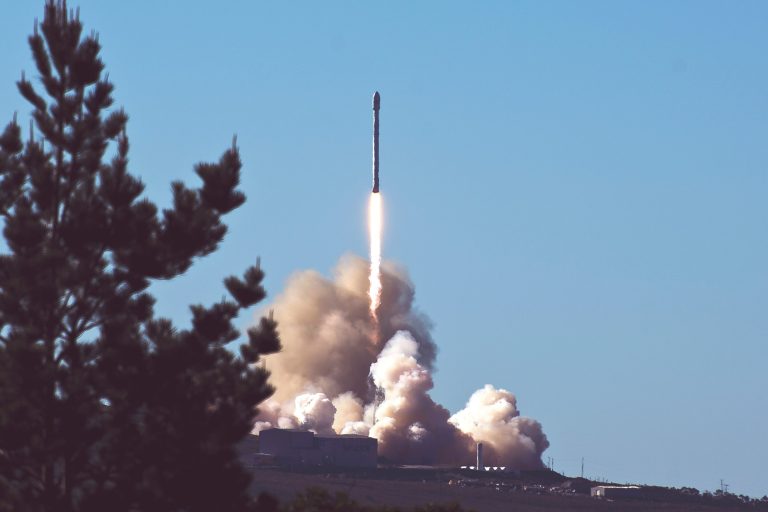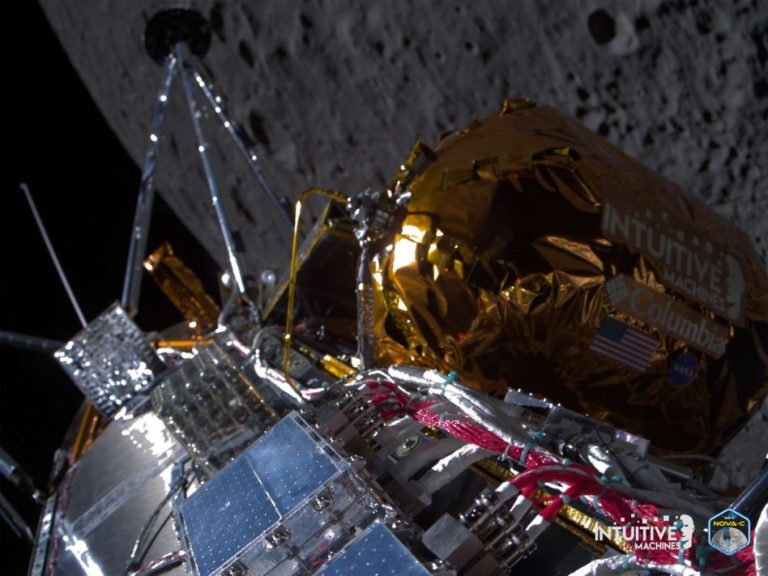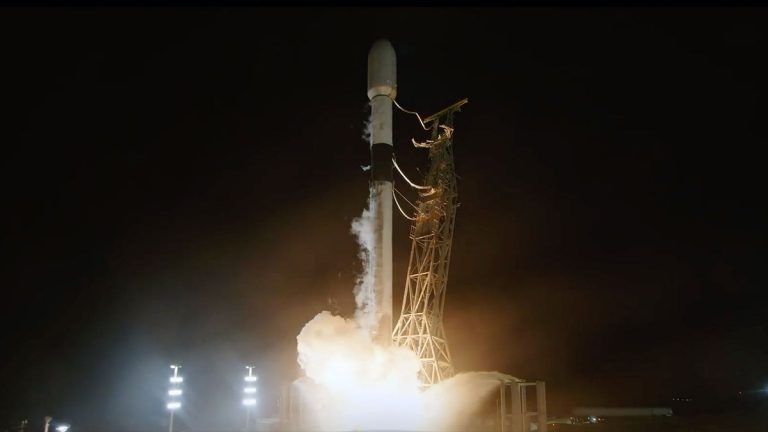
Meet the 4 astronauts flying on NASA’s Artemis 2 moon mission (Image Credit: Space.com)
We now know who will make humanity’s first trip to the moon in over half a century.
On Monday (April 3), NASA announced the four crewmembers of Artemis 2, a 10-day flight around the moon that’s targeted to lift off in late 2024. The quartet consists of NASA’s Reid Wiseman, Victor Glover and Christina Hammock Koch and the Canadian Space Agency’s Jeremy Hansen.
Read on for brief biographical sketches of the four Artemis 2 astronauts, the first to voyage to lunar realms since NASA’s Apollo 17 mission in December 1972.
Related: Live updates for NASA’s Artemis 2 moon mission
More: The Artemis program explained
Artemis 2 commander Reid Wiseman of NASA

Reid Wiseman, 47, is from Baltimore, Maryland. He earned a bachelor’s degree in engineering from Rensselaer Polytechnic Institute in New York and an engineering master’s from Johns Hopkins University in Baltimore.
Wiseman is also a military man. He was designated a Naval Aviator in 1999 and was deployed twice to the Middle East as a fighter pilot, with the second deployment occurring in 2003, according to his official NASA biography (opens in new tab). He has two children with his wife Carol, who died of cancer in May 2020.
NASA selected Wiseman as one of the nine members of its 2009 astronaut class. He finished training in 2011 and in May 2014 launched on his first and (to date) only spaceflight, a 165-day mission to the International Space Station (ISS). He served as a crewmember on the orbiting lab’s Expedition 40 and Expedition 41 missions before returning to Earth in November 2014.
Wiseman served as chief of NASA’s astronaut office from December 2020 to November 2022. And now he can start training for Artemis 2, the first-ever crewed mission of NASA’s new deep-space transportation system, which consists of the Orion capsule and Space Launch System rocket.
“This is a global effort, Artemis 2, and it’s only going to get larger with Artemis 3 and beyond as we get private spaceflight involved; SpaceX is building our lander for Artemis 3,” Wiseman said during the crew announcement ceremony on Monday. (Artemis 3 will land astronauts near the moon’s south pole, perhaps as soon as 2025.)
“So to the NASA workforce, to our program managers, our center directors that are here, the amazing political support that we feel right now to bring our country together, to bring our entire world together to go explore to get to Mars and beyond, we say a huge thank you,” Wiseman said.
Artemis 2 pilot Victor Glover of NASA

Victor Glover, 46, is from Pomona, California. He received a bachelor’s degree in engineering from California Polytechnic State University in San Luis Obispo and then earned three engineering master’s degrees — one apiece from Air University at Edwards Air Force Base in California, the Naval Postgraduate School and Air University in Montgomery, Alabama.
Like Wiseman, Glover became a fighter pilot in the U.S. Navy and was deployed multiple times. According to his NASA biography (opens in new tab), Glover logged “3,000 flight hours in more than 40 aircraft, over 400 carrier arrested landings and 24 combat missions.” He and his wife Dionna have four children.
Glover was chosen in NASA’s 2013 astronaut class, the next one after Wiseman’s, and finished training two years later. He has one spaceflight under his belt — Crew-1, the first operational mission to the International Space Station that SpaceX flew for NASA.
Crew-1 launched in November 2020 and returned to Earth in May 2021, spending a total of 168 days in orbit. Glover participated in four spacewalks during that stretch.
“We need to celebrate this moment in human history,” Glover said of Artemis 2 on Monday. “Because Artemis 2 is more than a mission to the moon, and it’s more than a mission that has to happen before we send people to the surface of the moon. It is the next step on the journey that gets humanity to Mars.”
NASA aims to put boots on the Red Planet in the late 2030s to early 2040s. It views the moon as a stepping stone along this ambitious path; the skills and knowledge gained via the Artemis program will help humanity make the leap to Mars, agency officials have said.
Related: NASA shows off early plans to send astronauts to Mars for 30 days
Artemis 2 mission specialist Christina Hammock Koch of NASA

Christina Koch, 44, grew up in Jacksonville, North Carolina and earned bachelor’s and master’s degrees in engineering from North Carolina State University.
She worked as an electrical engineer at NASA’s Goddard Space Flight Center in Maryland and the Johns Hopkins University Applied Physics Laboratory, contributing to the development of science instruments for multiple robotic NASA missions, including the Juno Jupiter orbiter and the Van Allen Probes, which studied the radiation environment near Earth. She is married to husband Robert Koch.
Koch also performed scientific field work in remote locations such as Antarctica, Greenland and far northern Alaska, as a research associate in the U.S. Antarctic Program and a field engineer for the National Oceanic and Atmospheric Administration.
Like Glover, she joined NASA as a member of the 2013 astronaut class. She finished training in 2015 and a few years later was assigned to her first spaceflight, a long-duration mission to the ISS.
“Long-duration” is an understatement, in fact: The mission launched in March 2019 and didn’t return to Earth until the following February. Koch spent 328 days aboard the orbiting lab, longer than any other woman has on a single mission. And in October 2019, Koch and Jessica Meir performed the first-ever all-female spacewalk outside the ISS. That pioneering excursion was one of six that Koch conducted during her time aboard the orbiting lab.
Artemis 2 will be Koch’s second spaceflight.
“Am I excited? Absolutely. But my real question is, Are you excited?” Koch said during Monday’s announcement event, which was broadcast live on NASA TV. “And I ask that because the one thing I’m most excited about is that we are going to carry your excitement, your aspirations, your dreams with us on this mission. Artemis 2: your mission.”
Artemis 2 mission specialist Jeremy Hansen of Canada

Jeremy Hansen, 47, is from London, Ontario. He earned a bachelor’s degree in honours space science and a master’s degree in physics from the Royal Military College of Canada in Kingston, Ontario.
He’s a colonel in the Royal Canadian Air Force who served as a fighter pilot from 2004 to 2009, according to his official Canadian Space Agency (CSA) biography (opens in new tab). He is married to wife Catherine and has three children.
Hansen was one of two people chosen as a CSA astronaut in 2009, in the agency’s third recruitment campaign. He completed astronaut training in 2011 and prepped for spaceflight further by participating in a subterranean expedition of the European Space Agency’s CAVES program in 2013 and an underwater excursion in 2014 via NASA’s NEEMO program. In 2017, Hansen was selected to lead the training of NASA and CSA astronaut candidates, becoming the first Canadian to hold this post.
You can learn much more about him in this Space.com profile of Hansen.

Hansen’s seat aboard Artemis 2 was granted in exchange for CSA’s contributions to NASA’s Artemis program — in particular, Canadarm3, the powerful robotic arm that will be an important part of the Gateway space station that NASA plans to build in lunar orbit.
Artemis 2 will be the first spaceflight for Hansen, who will become the first non-American ever to venture beyond Earth orbit.
“Our scientists, our engineers, the Canadian Space Agency, the Canadian Armed Forces, across government, all of our leadership working together under a vision to take step by step — and all of those have added up to this moment where a Canadian is going to the moon with our international partnership, and it is glorious,” Hansen said on Monday.
Mike Wall is the author of “Out There (opens in new tab)” (Grand Central Publishing, 2018; illustrated by Karl Tate), a book about the search for alien life. Follow him on Twitter @michaeldwall (opens in new tab). Follow us on Twitter @Spacedotcom (opens in new tab) or Facebook (opens in new tab).








